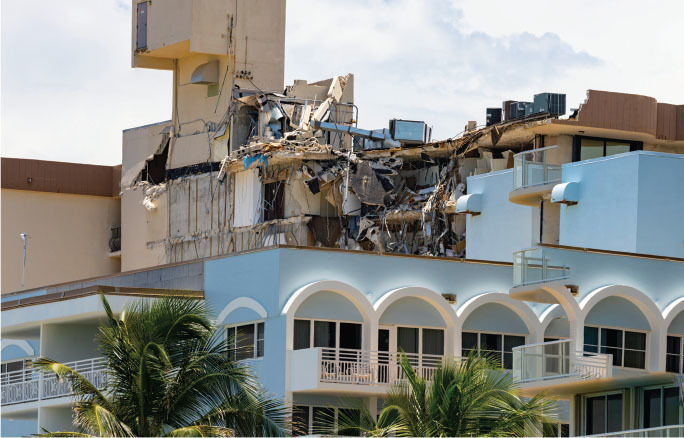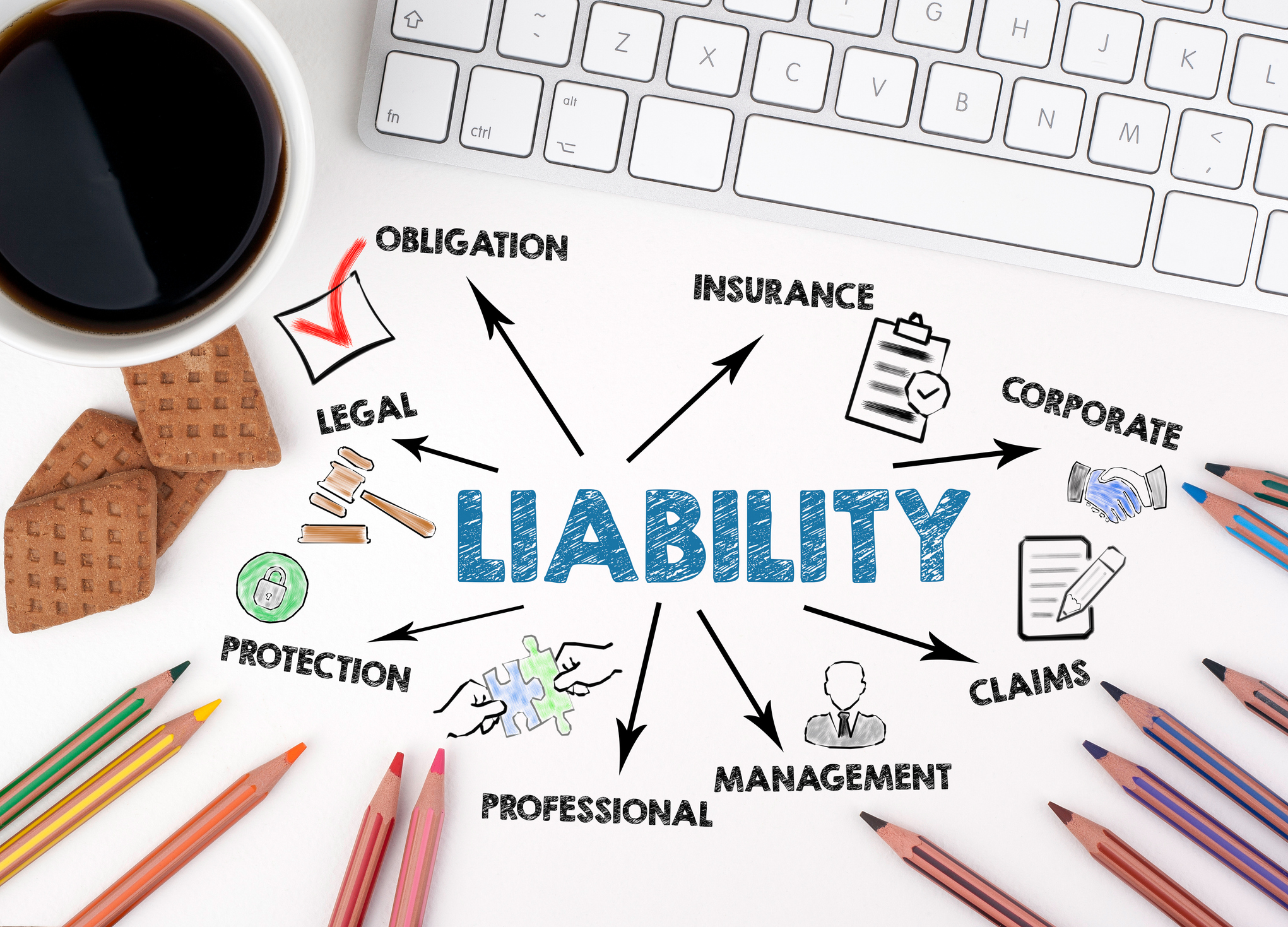July 2014
LEGAL BEAT
Multistate Practice, Basic Drawings, Owner's Death

Q
uestion: I am a professional engineer licensed in several midwestern states. My firm performs a significant amount of building design-related services. I know that state law and local requirements vary regarding what constitutes the practice of engineering and the practice of architecture. However, since my firm practices in several states and it is not easy for my firm to stay current on changes in local requirements, including standards established by building code officials, are there any guidelines that I should follow concerning my firm’s practice? (Wisconsin)
A
nswer: The best advice is to know the laws in the state in which you are practicing. A good statement on this point was issued by the Minnesota Board of Architecture, Engineering, Land Surveying, Landscape Architecture, Geoscience and Interior Design. According to the board, individuals licensed in multiple jurisdictions should be aware that each jurisdiction’s laws are not comparable. As an example, a Minnesota licensed architect, also licensed in another jurisdiction, may not design a footing, beam, or other structural member for a building in Minnesota simply because the other jurisdiction allows it. Rather, the architect must follow Minnesota law, which does not allow the incidental practice of one profession by another. The board continued by noting that professional engineers likewise cannot provide incidental architectural services. In circumstances such as these, the licensee’s lack of familiarity with the laws of the jurisdiction may result in the unintended consequence of being the subject of a disciplinary action due to their ignorance of the law.
Q
uestion: I was recently retained by a client to design a mechanical system for a facility being constructed. However, since the client did not want to want to pay for complete design services, I prepared a very basic set of drawings for submission to local building officials. While I provided exactly what the client was willing to pay for, does this situation raise any risks? (Mississippi)
A
nswer: Professional engineers are required to use reasonable care when providing professional services, regardless of the level of compensation for those services. In addition, code enforcement officials expect to receive documents that can actually be evaluated by the reviewing agency. Documents submitted to a code official for review should be complete enough and accurate enough to allow the code official to effectively evaluate the contents of the documents. When code officials or clients receive documents that do not demonstrate the required reasonable care, they may question the individual’s competence or whether the professional had acted in a negligent manner. Ultimately, these matters may result in investigations and disciplinary action by the state licensure board.
Q
uestion: A professional engineer colleague in my community recently passed away. The engineer owned an engineering sole proprietorship and had several employees. Following the death of the engineer, the firm apparently continued to perform professional services without a professional engineer being involved in the practice. Do any states have procedures that address practice procedures when a professional engineer passes away? (Texas)
A
nswer: One example is the Oklahoma State Board of Registration for Professional Engineers and Land Surveyors, which has indicated in the past that if the death of a professional engineer or professional land surveyor in responsible charge of a firm occurs, it is very important that the information be passed along to the board as soon as possible. The board acknowledged that there is no provision in the law regarding how long a firm is allowed to operate prior to replacing the professional engineer or land surveyor if they were the only licensed professional in charge of the work. The board noted that if the firm contacts the board to advise it of the situation, the board may be able to work with the firm to assist it during the transition.
Responses are based on questions posed to NSPE Legal Counsel Arthur Schwartz.
Are you an NSPE member with a legal question for this column? Send it to Arthur Schwartz, 1420 King St., Alexandria, VA 22314-2794; fax 703-836-4875; or e-mail [email protected].
These questions and answers do not, in any way, constitute legal advice. Always consult your own attorney before reaching any conclusions or acting upon any information presented in this forum. Also note that legal precedents change. An answer based on a case from several years ago may have a new perspective today.


 Volunteering at NSPE is a great opportunity to grow your professional network and connect with other leaders in the field.
Volunteering at NSPE is a great opportunity to grow your professional network and connect with other leaders in the field. The National Society of Professional Engineers (NSPE) encourages you to explore the resources to cast your vote on election day:
The National Society of Professional Engineers (NSPE) encourages you to explore the resources to cast your vote on election day:




